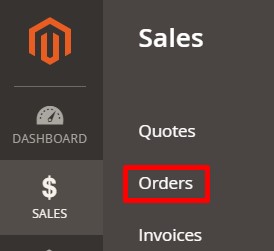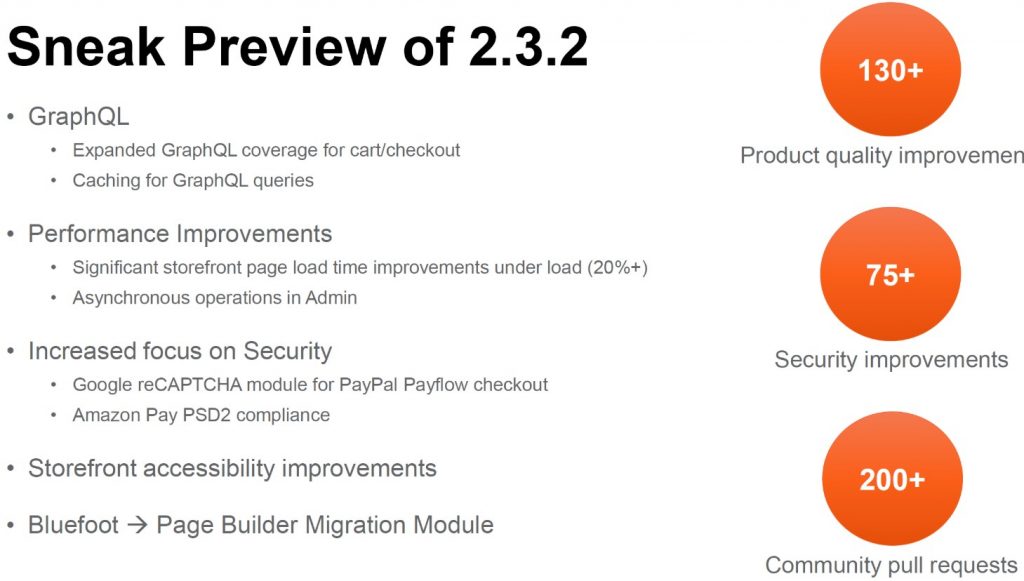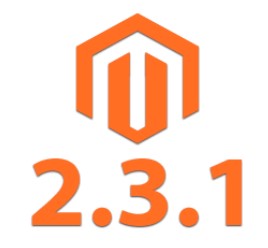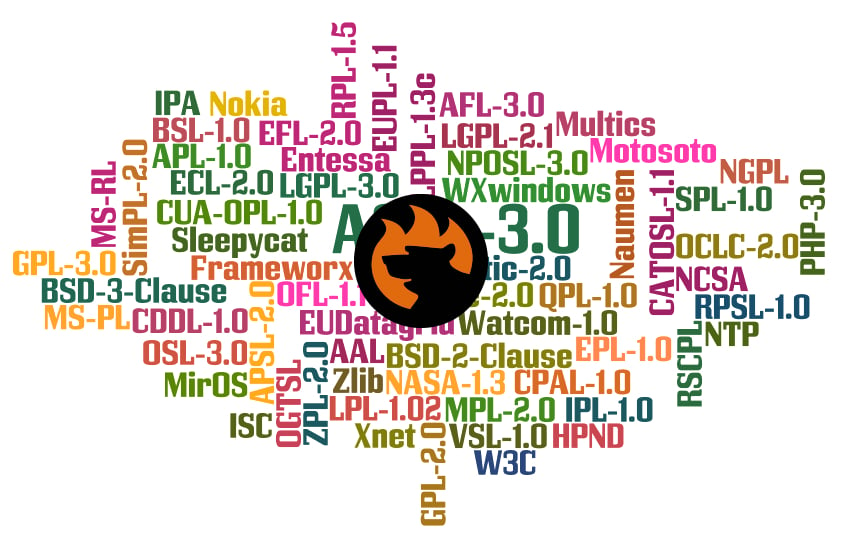
Our Node.js tutorial includes all the important information about this runtime environment. It provides both theory and practical examples. Being an open source project, Node.js is developed to work on different platforms designed for server-side and networking apps. Talking about Node.js modules, we should mention that they are written in JavaScript. In their turn, Node.js apps can be run within the aforementioned runtime on such platforms as Microsoft Windows, OS X, Linux, NonStop, FreeBSD, and IBM i. Thanks to a non-blocking I/O API and an event-driven architecture, Node.js optimizes throughput and scalability of applications (often real-time web apps). It uses V8 JavaScript engine by Google for the code execution. Last but not least is an embedded library that allows apps to act as a Web server without Apache HTTP Server, IIS, or other similar software. Microsoft, Walmart, Yahoo!, Groupon, LinkedIn, PayPal are among prominent users of Node.js. But why do they use it? What is the main purpose of Node.js and what are the advantages?
The Ultimate Node.js Tutorial
Continue Reading









